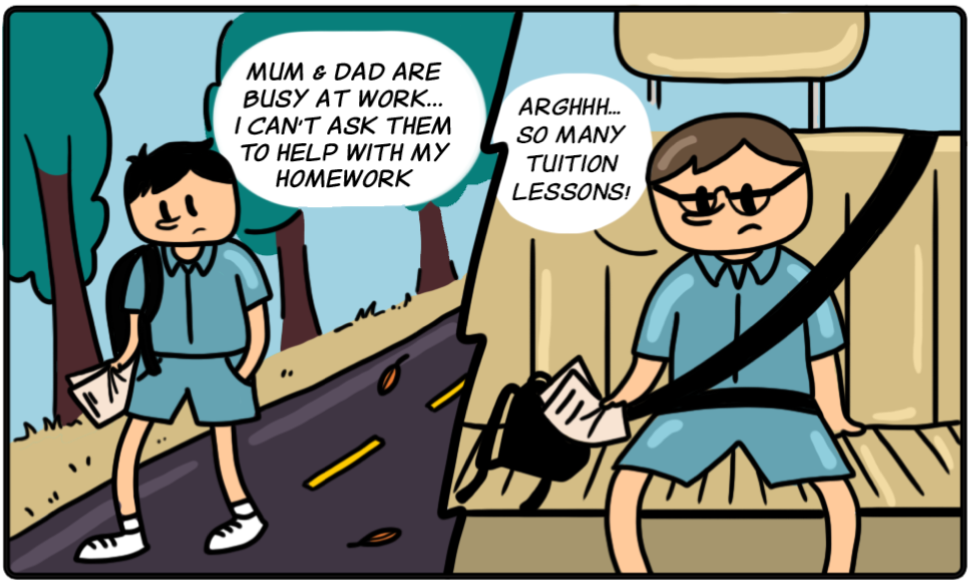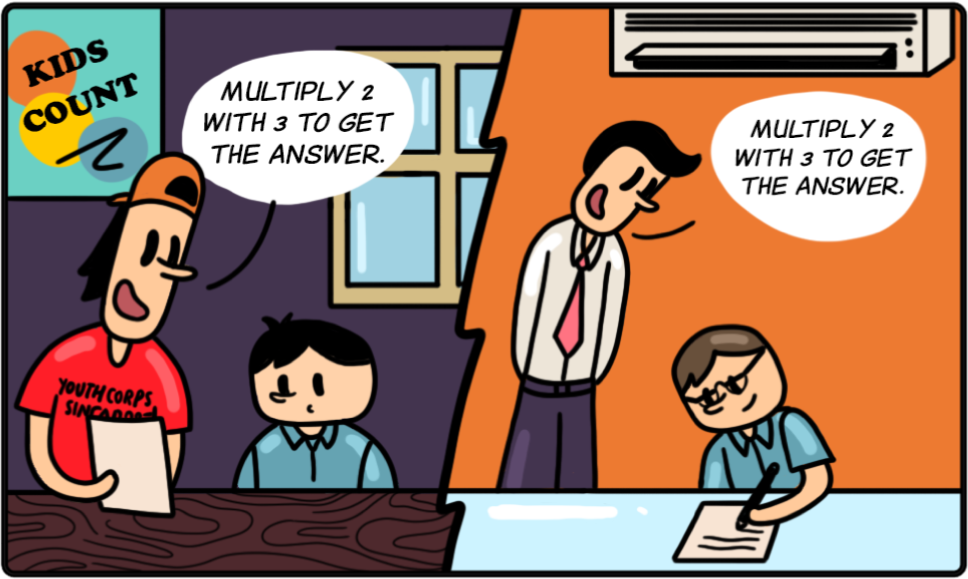WHY SHOULD YOU CARE?
Some parents may struggle with resource and time constraints, spending very little time with their children because they have to work, often at odd hours and sometimes with unpredictable changes in shifts. This may affect their children’s well-being and development, thereby placing them behind the starting line in life’s race.









